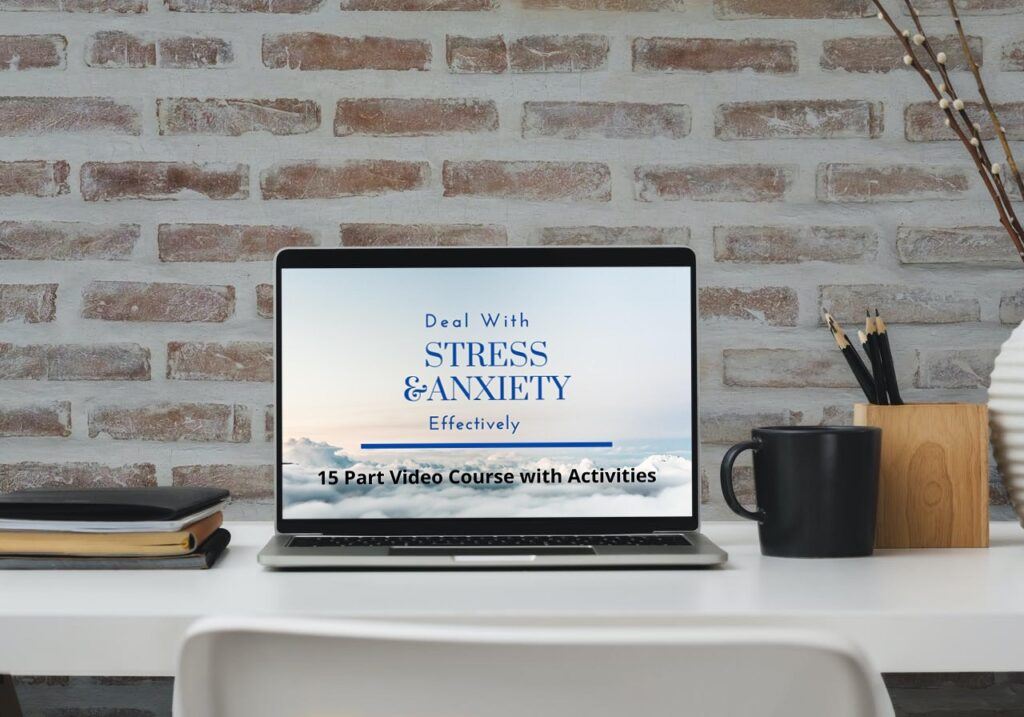
Situational depression, also known as adjustment disorder, is depression caused by your response to stress or loss. When a situation is particularly difficult to cope with, you can develop stress-related responses: e.g. racing thoughts, insomnia, anxiety, etc. If you can adapt to the new situation, or adapt the situation to cause us less stress, we should be able to recover more quickly.
Until I turned up at my doctor’s surgery asking for a week off work and anti-depressants …that I didn’t end up taking… I had never even heard of situational depression.
Thirty years previously I had been diagnosed with Bi-polar Disorder, so I guess you would have to say I was improved. But given that I had suffered a manic episode just a few months prior to this recent diagnosis, maybe I should have been diagnosed with Situational Bi-Polar Disorder? But is that even a thing?
Apparently not. It seems Bi-polar disorder is listed as a Major Depressive Disorder. This is curious because I took no medication and experienced no bi-polar symptoms, for fifteen years after I left my first marriage, which I found extremely stressful. Then I took on a stressful job which was fine for over a year until I was dealing with two very stressful clients and wham! – a manic episode, followed by supposed Situational Depression.
Educate Yourself
What can you take from this? If you’re dealing with mental health issues you need to educate themselves. While doctors, especially GPs, can be useful, they generally don’t know that much about mental health. And mental health issues are very individual.
If I hadn’t educated myself, I might still be trying to live on the lithium/Prozac cocktail that I was prescribed after my initial diagnosis. It hasn’t always been an easy road and I’ve had relapses. But I’ve learnt from them and I’m not addicted to a medication.
What Have I learned about my Mental Health?
I’ve learned that I have to pay attention to meeting my basic needs. If I don’t I develop stress responses which cluster into some form of depression. The quality of my wellbeing is directly related to how well I am meeting my basic needs.
Basic Needs
So what are our basic needs?
We all have five needs: –
Survival
- Health
- Financial Security
- Safety
Love and Belonging
- Nourishing and supportive relationships
- Sense of belonging
- Intimacy
Freedom
- Independence
- Creativity
- Mobility
- Choice
Fun
- Learning
- Amusement
- Joy
- Laughter
Power
- Internal control
- Achievement
- Acknowledgement
- Influence
Dr William Glasser
According to William Glasser the importance of each need is unique to us all and remains constant throughout out life. It’s helpful to think of these needs as buckets, with the size of the bucket being the same for us throughout our life.
There’s an important thing to remember about this bucket analogy however. If your bucket is small but also very empty the need will feel large. An example would look like this: You a low survival need but within a few weeks you lose our job, your home and your partner. Your bucket for survival might not be big but it’s virtually empty. So it will feel huge and suddenly your need for security will outweigh all your other needs. You would experience the same increased need for survival if you were diagnosed with a terminal illness, even though our normal need for survival was low.
My Situational Depression
My situational depression raised its head when I felt like I couldn’t be effective in meeting my clients’ needs because of all our organisational protocols. I made judgement calls that I thought were correct, but my manager and our policies had a different view. I lost my confidence, I started making silly mistakes. I lost more confidence and became more stressed because I felt incompetent. I told myself that I hated my job, when what I really hated was my response to my job and that was something that I could control.
If you’d like to understand your needs better check out our online course: How to Deal with Stress and Anxiety Effectively.

Feel Great.
Deb 🌻








I love how honest and relatable this is. We all suffer from anxiety and stress at times. But one common effect we all share is a struggle for confidence, like you said. Low confidence can lead to mistakes and bigger issues, and we have to focus on our self-worth and mental health to regain and keep our confidence levels up. –Ryan
Thanks Ryan, yes you’re right. Confidence has been a biggie for me and the end result is having to push through fear. Thanks for your comment, very much appreciated 🙂